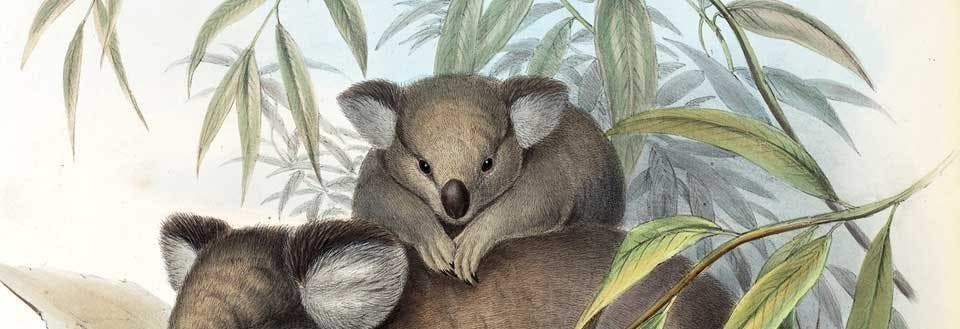Thornton, Robert John (1768?-1837).
The Temple of Flora. London: Printed, for the publisher [i.e. the author], by T. Bensley, 1807 [i.e. 1799-1807].
In 1799, John Thornton began to issue a series of elegant floral plates. They were commissioned from the best botanical artists, such as Sydenham Edwards, Peter Henderson, and Philip Reinagle, and the plates were printed in a combination of mezzotint, stipple engraving, and aquatint. A total of thirty-three plates were issued in all, and eventually they were gathered into a volume in with a title page dated 1807. Neither the plates nor the volume sold well, and by 1811, poor Thornton was financially ruined, and he had to dispose of the rest of his stock by lottery. The Temple of Flora, however, has survived as one of the most beautiful botanical publications of modern times.
The plate of the Blue Egyptian Water-lily was issued in 1804; Thornton apparently attended a scientific meeting in Paris, presided over by Napoleon, where the plant was first described; the background shows Aboukir, where the Battle of the Nile was waged. The other plate depicts the pink Sacred or Indian Lotus; Thornton added the yellow American Lotus (often called a Water-lily) because he liked the color combination.

